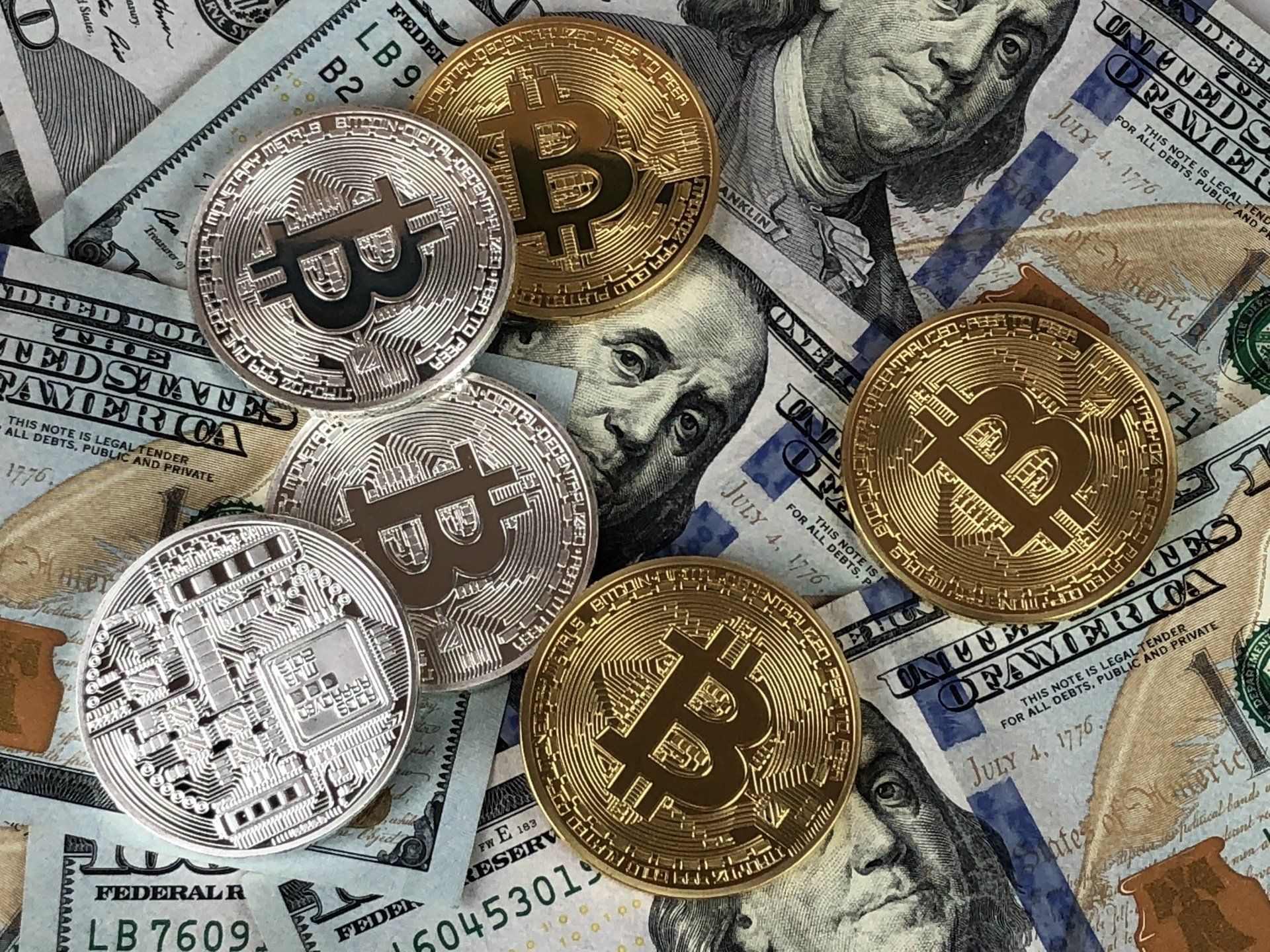Sam Bankman-Fried’s cryptocurrency exchange FTX has filed for Chapter 11 bankruptcy protection in the U.S.

Bankman-Fried has also stepped down as CEO and has been succeeded by John J. Ray III, though the outgoing chief will stay on to assist with the transition.
Approximately 130 additional affiliated companies are part of the proceedings, including Alameda Research, Bankman-Fried’s crypto trading firm, and FTX.us, the company’s U.S. subsidiary.
In the 23-page bankruptcy filing obtained by CNBC, FTX indicates it has more than 100,000 creditors, assets in the range of $10 billion to $50 billion, as well as liabilities in the range of $10 billion to $50 billion. By comparison, Lehman had more than $600 billion in assets and Enron had $60 billion.
“The immediate relief of Chapter 11 is appropriate to provide the FTX Group the opportunity to assess its situation and develop a process to maximize recoveries for stakeholders,” said the new FTX chief, Ray.
“The FTX Group has valuable assets that can only be effectively administered in an organized, joint process. I want to ensure every employee, customer, creditor, contract party, stockholder, investor, governmental authority and other stakeholder that we are going to conduct this effort with diligence, thoroughness and transparency,” continued Ray.
He added that stakeholders should understand that events have been fast moving, that the new team is engaged only recently and that they should review the materials filed on the docket of the proceedings over the coming days for more information.
It caps off a tumultuous week for one of the biggest names in the sector.
In the space of days, FTX went from a $32 billion valuation to bankruptcy as liquidity dried up, customers demanded withdrawals and rival exchange Binance ripped up its nonbinding agreement to buy the company. FTX founder Bankman-Fried admitted on Thursday that he “f---ed up.”
Anthony Scaramucci, founder of SkyBridge Capital and short-time Trump communications director, flew to the Bahamas this week to help Bankman-Fried as an investor and friend. When Scaramucci got there, he says, it appeared beyond the point of a simple liquidity rescue. He said he didn’t see evidence of this mishandling when he and other investors first screened FTX as a potential business partner.
“Duped I guess is the right word, but I am very disappointed because I do like Sam,” Scaramucci said Friday morning on CNBC’s “Squawk Box.” “I don’t know what happened because I was not an insider at FTX.”
An FTX spokesperson did not immediately respond to CNBC’s request for comment on this story, including on Scaramucci’s remarks.
In a short period of time, FTX expanded into non-crypto elements of life, such as pop culture. For example, in the past Super Bowl, it aired a commercial featuring comedian Larry David, in which David turned down an opportunity to invest in crypto. “Ehh, I don’t think so. And I’m never wrong about this stuff. Never.”








